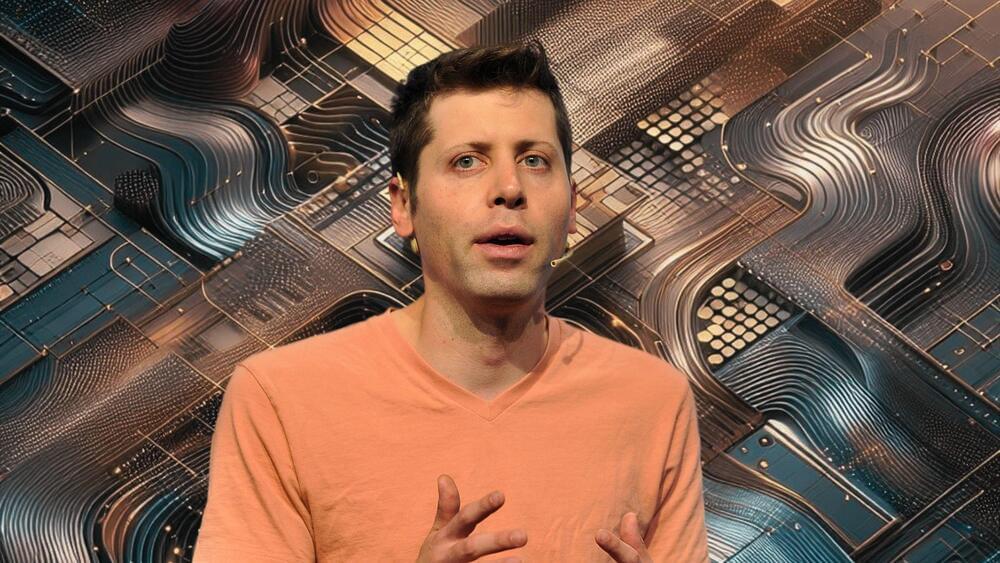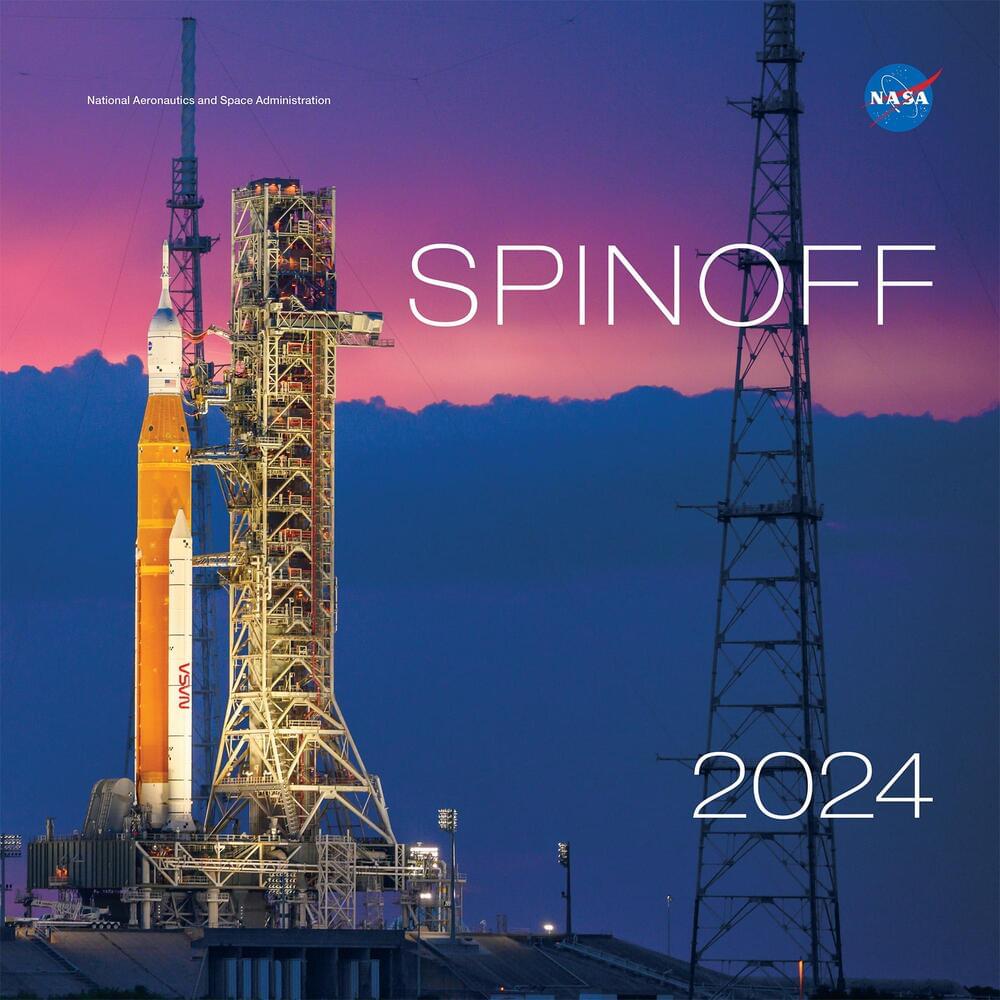The picture was the result of the first six months of operation of eROSITA (Extended Roentgen Survey with an Imaging Telescope Array), one of two X-ray telescopes that were launched into space in July 2019 aboard the Russian spacecraft SRG (Spectrum-Roentgen-Gamma). eROSITA scans the sky as the spacecraft spins, and collects data over wider angles than are possible for most other X-ray observatories. This enables it to slowly sweep the entire sky every six months.
By an unusual arrangement, the eROSITA team is split into two — with a group based in Germany and one based in Russia — and each has exclusive access to eROSITA data from only half of the sky. The mission was originally intended to cover the sky eight times. But Russia’s full-scale invasion of Ukraine in 2022 led the German government to freeze its collaborations, and eROSITA was put on stand-by. By then, it had completed four full sky scans.
The data that Bulbul and her collaborators have used so far were from their half of the sky, collected during the first scan. Even so, the results are already among the most precise cosmological measurements ever made. It is unclear when the Russia-based group will publish its data and analysis.









